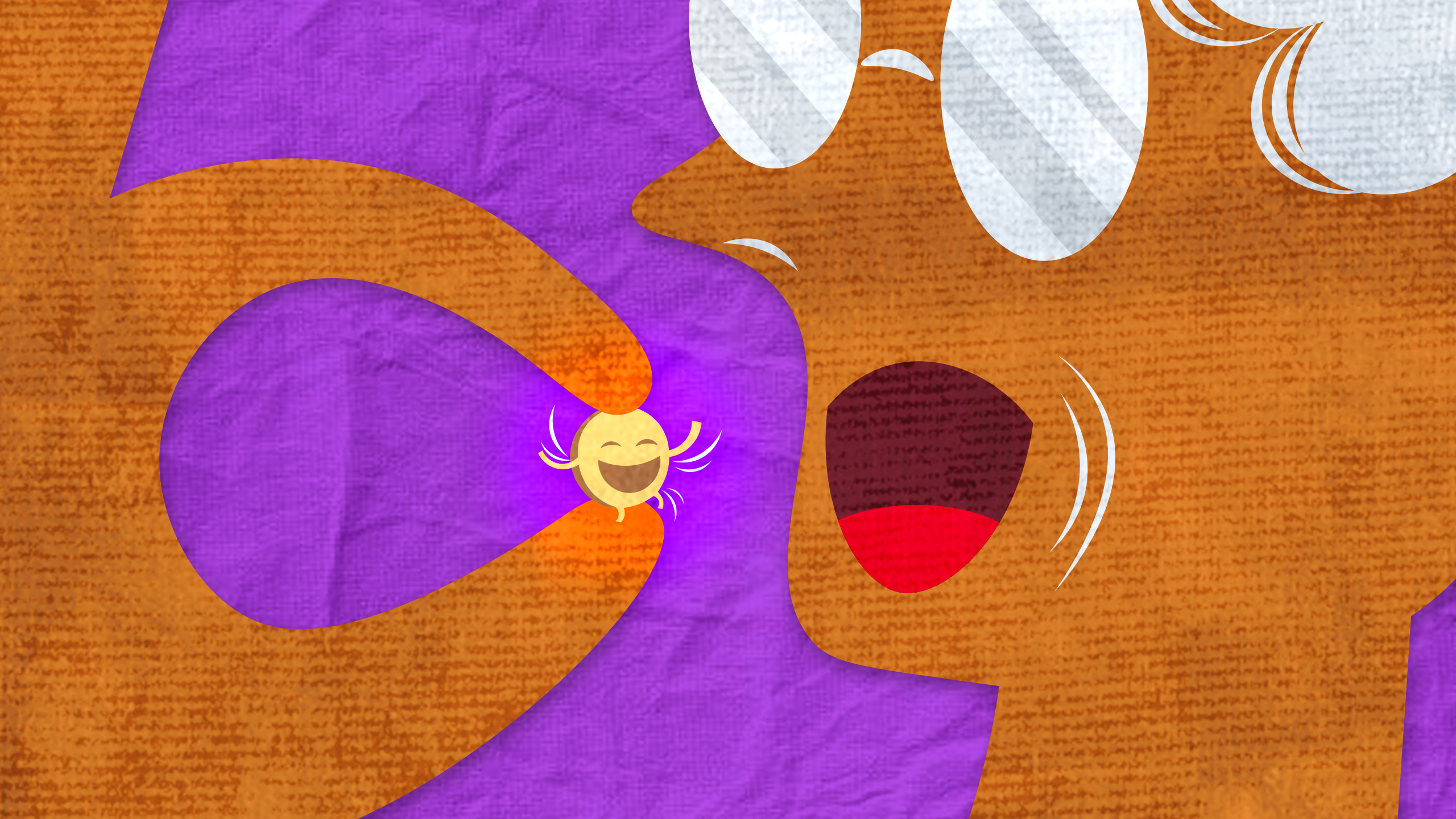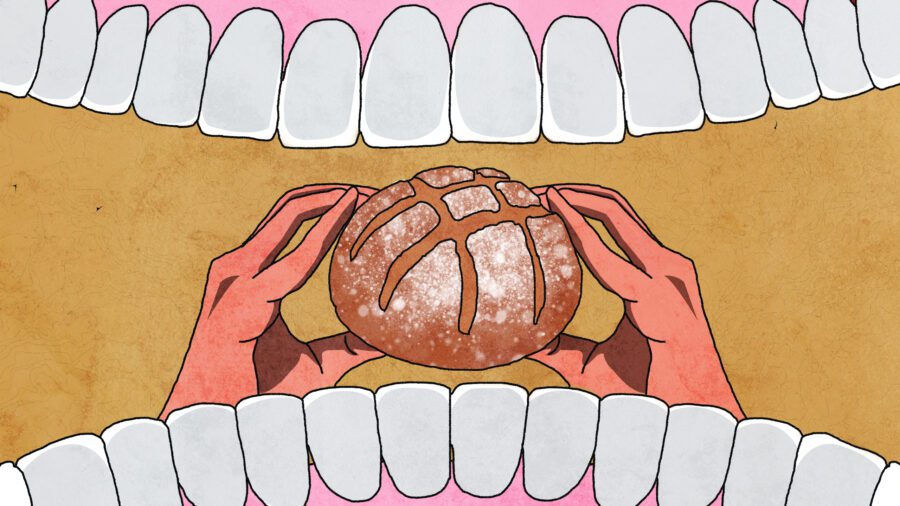
Laugh More, Live Longer: The Scientific Connection Between Laughter and Longevity
Of course you know that laughing feels good, but did you know it can also help you live longer?
It turns out that getting a good chuckle in can do so much more than put you in a positive mood (though that’s amazing too). It can help you fight disease in both the short and long-term, boost your immunity, tone your body and organs, and increase the length (not to mention your quality) of your life.
This makes having fun and being silly that much more important. Unfortunately, many of us need to be told that laughing is appropriate — even positive — during times of stress, loss, or instability.
If you’re the type of person who feels there’s no time to have fun, that life is too difficult to find humor in it, or that you need to be constantly serious to be mature, you may need to reevaluate your perspective. In fact, the more serious and difficult life gets, the more important it is that you find ways to laugh. Your health depends on it.
Can Laughing Lengthen Your Life?
Most of us don’t laugh nearly enough. It may feel like a luxury, not a necessity, one that’s only appropriate in specific circumstances like when we’re finally home from work, spending time with our kids, or out watching a comedy show.
As children, we laugh freely and spontaneously, but as we get older and more focused on “adulting,” we start taking things more seriously and censoring ourselves. We may lose our sense of humor after heartbreak, through navigating the corporate world, or because we equate being serious with being mature.
Plus, between an unstable economy, global unrest, worldwide disease, and our personal issues, it can sometimes feel like laughter just isn’t appropriate for this world. How can we laugh when we see what’s going on in the news? How can we have pleasure and enjoy ourselves when we’re faced with loss or tragedy?
But laughter is what we need most during times of stress. Just think about how a trusty Seinfeld laugh track or silly movie can help soothe a heartbreak or mend a bad day. Plus, laughter won’t just help you feel better in the moment. According to a study from Norway, it can actually lengthen your life.
In the study, researchers looked at 50,000 people for 15 years and found that those with a sense of humor lived an average of 8 years longer than their stern counterparts. The authors suggested that humor had the potential to help people avoid diseases and extend their life spans.
When you look at it this way, getting more laughter in seems like a no-brainer. And unlike exercise, sleep, and other healthy habits, laughter is purely pleasurable. It doesn’t require getting up at 6 AM for a morning run or cutting your Netflix binge short for an early night. You can also do it anywhere, whether at home or at work (in an appropriate way).
Why Laughter Is the Best Medicine
As is often the case with health wisdom, it’s the simple, natural, intuitive things — like sleep and exercise — that do us the most good.
Laughter is no different — it’s as good for us as it is enjoyable and pleasurable. It shakes fear and tension out of our bodies, takes our minds off of problems, helps us see the bright side in life, helps us bond with those we’re laughing with, and so much more.
Much like exercise and sleep, there are countless studies demonstrating the wide-reaching, and sometimes surprising, benefits of something we already knew feels good. But that doesn’t make it any less awe-inspiring to see exactly how laughing improves our health and helps with ailments as diverse as arthritis, diabetes, and heart disease.
According to research from The Department of Veteran Affairs and The Mayo Clinic, laughing is physically beneficial because it:
- Stimulates and give your organs, such as your heart, lungs, and muscles, a workout
- Enhances circulation and aids in tension release and muscle relaxation
- Helps you take in deep, oxygen-rich breaths
- Releases the diaphragm which, when tight or locked up, leads to shallow breathing and compressed organs
- Lowers levels of the stress hormone cortisol
- Increases immune system activity, including natural killer cells which fight infections, cancer, and other diseases
- Stimulates the release of feel-good endorphins
- Balances your stress response: It fires up the sympathetic nervous system (which increases your heart rate and blood pressure) and then lowers it immediately after, leaving you calm and relaxed
Laughter also has long-term benefits and can help prevent, fight, or aid recovery from diverse diseases and risk factors for diseases (such as high blood sugar). There are countless studies to prove this. Here are just a handful:
- One study demonstrated that watching a comedy show after eating lowered glucose levels (having high glucose levels is a hallmark symptom of diabetes and pre-diabetes)
- Researchers found that laughing and clowning around helped reduce hyperinflation of the lungs among patients with severe chronic obstructive pulmonary disease
- Research indicates those who laugh more may have fewer episodes of heart arrhythmias and complications when recovering from heart disease
- Laughing has been shown to increase pain tolerance
- A higher tendency to laugh is correlated with reduced heart attack risk
- One study showed that laughter lowered inflammation in people with rheumatoid arthritis
- One study even showed that laughing reduced skin swelling in an allergic reaction
- Laughter has even been shown to improve memory and learning ability in older adults
As you can see, laughter seems to help with a wide variety of physical issues, from inflammation to heart disease, to diabetes. When you look at it this way, it seems that taking the time to laugh, be silly, and enjoy life isn’t just a luxury — it’s a necessity.
Join In 200 Million+ On The Journey to Greatness
Emotional Benefits of Laughter
If you don’t know already, our bodies, minds, and emotions are deeply interwoven. When you’re feeling depressed, anxious, or lonely, you’re more susceptible to all sorts of diseases and a shortened lifespan.
For example, one study found that loneliness and social isolation can increase the risk of premature death from all causes at rates similar to those of smoking and obesity. There’s even evidence that long-term depression can cause immune system cells to bend and deform, which may cause them to lose their internal organization and function.
On the other hand, laughter has consistently been shown to be good for our minds and emotions. This is in large part due to the neurochemical effects of laughter:
- It lowers cortisol (the stress hormone that makes us feel jumpy and irritable)
- It increases dopamine (the “reward chemical” that enhances feelings of pleasure)
- It stimulates oxytocin (the “bonding hormone” that’s responsible for feelings of relatedness, love, and connection)
- It stimulates serotonin (the “mood-stabilizer,” which keeps you feeling positive)
- It releases endorphins, which are natural painkillers and stress-relievers
So, it’s an important complementary treatment for mental health issues, provided it’s combined with other healing practices, like therapy.
For those with illness and depression (they can easily go hand-in-hand), laughter may be especially important. In one study, hospital clowns helped hospitalized kids and their families reduce stress and anxiety.
Humor therapy has also been shown to lower agitation and improve the moods of elderly people in nursing homes. Patients recovering from schizophrenia have also enjoyed a better sense of humor and improved recovery outcomes from humor therapy.
How to Incorporate More Humor Into Your Life
Now that you know how important laughter is, it’s time to start making it a bigger part of your life. If you tend to be a more serious person, or if you’re feeling like life is anything but funny right now, don’t worry. You don’t need to try to be something you’re not, turn into a comedian overnight, or force yourself to feel unnaturally giddy when that’s just not you.
Start by simply being open to the idea that it’s okay to be silly, have fun, and find humor in things. Just because you’re an adult doesn’t mean that play is a waste of time. You don’t need to be doing something “productive” all the time, and you’re not a bad person for choosing to laugh at something silly rather than dwelling on the latest environmental news.
Take your cue from little kids — they experiment, use their imaginations, and have an innocent approach to life. See if you can be more open to laughing at yourself for some of your foibles, challenges, and mistakes, instead of judging yourself. Try to lighten up little by little.
You can also start stocking up on all things funny for the days that feel anything but funny. When you’re sad or anxious, you might not have the energy or motivation to seek out the movies, shows, or books that would make you laugh. But if you have them easily accessible, you’ll be able to quickly throw something on and shift your mental state.
If you know you’ve got something stressful on the horizon, be proactive in getting your laughs in! Book a comedy show the night before a big exam or plan a funny movie night with your bestie for when you get home from a family visit.
You Can Make Laughter a Part of Your Life
Just like with sleep and exercise, laughing is one of those feel-good activities we intuitively know is good for us. Research continues to show how laughter benefits emotional, physical, and mental well-being at profound levels that can actually extend our life span. Laughing gives your heart, lungs, and muscles a workout, helps you breathe more deeply, stimulates your immune system, and can prevent, treat, or aid in the relief of many diseases.
You don’t have to be a comedian or have a change of personality to make laughter a bigger part of your life. Start off by simply being open to the fact that life is funny. It’s okay to laugh, and maybe even best to laugh when life gets tough. Lighten up and make your life happier, healthier, and longer today!
Greatness Authors
Greatness Authors is a collection of writers, thinkers, curiosity experts, and students of the world who are committed to bringing you the most up-to-date, impactful, and inspiring information surrounding Greatness topics.

Do You Have to Be a Morning Person to Be Successful? Here’s What Both Sides Have to Say

9 Reasons You’re Tired All the Time & How to 10x Your Energy

How to Have a Healthy Romantic Relationship Even if You Share Different Beliefs

The 7 Best Vitamins to Naturally Promote Better, Uninterrupted Sleep According to Shawn Stevenson

The Science of Forming Healthy Habits & Letting Go of Bad Ones, According to Author James Clear










